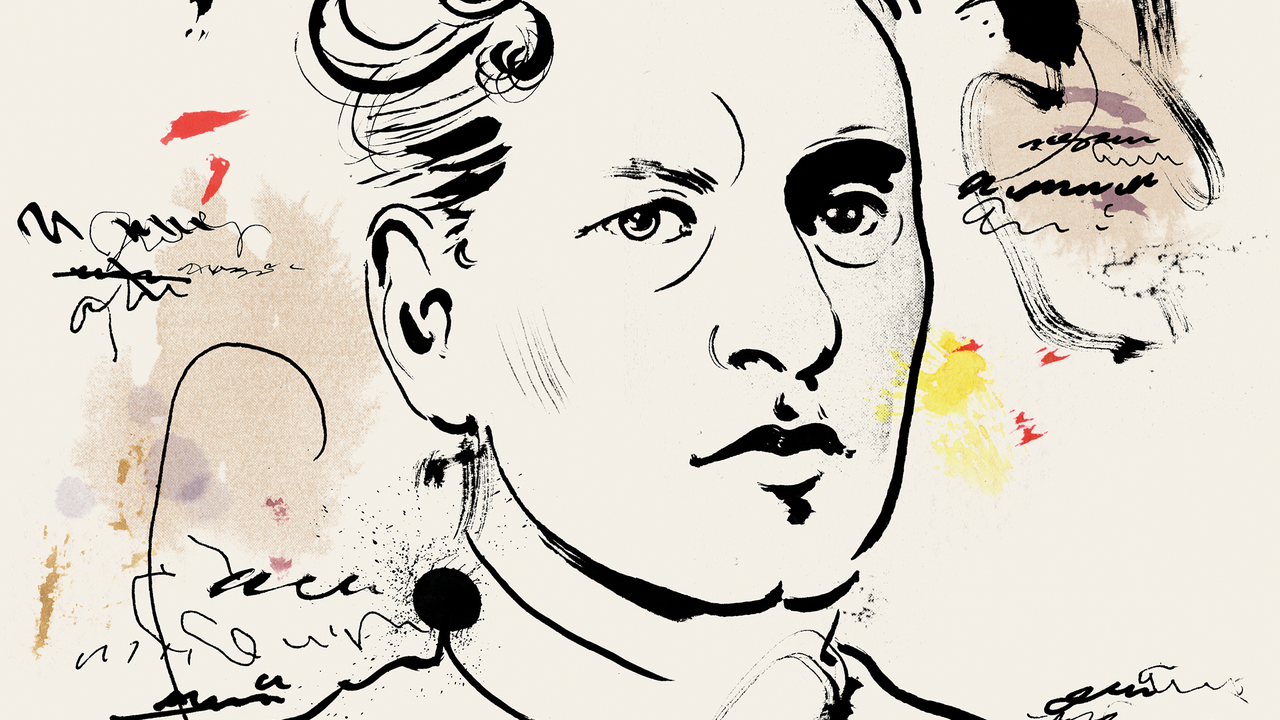
2024-04-15 词
More than any other poet of this generation, Schwartz wrestled with the challenge of writing poetry after Pound. He analyzed it in his criticism, identifying the forces that stymied modern poets (the waning of religion, the lack of an audience) and suggesting how they could forge ahead. Meanwhile, in his own work, he both imitated the poets he admired and questioned their most stringent dicta, particularly Eliot’s edict that poetry be “impersonal.” Obsessed with his unhappy childhood, and aware of the social and political significance of his life story, Schwartz made his great subject himself. In lyrics, in short fiction, and in his long autobiographical poem “Genesis,” he wrote about his parents’ fractious marriage, his earliest memories, his ancestors, his dreams. His deeply personal poetry anticipates the confessional turn of the late nineteen-fifties and early sixties, although by the time that revolution came around, Schwartz was too broken to participate.
免责声明:本文来自网络公开资料,仅供学习交流,其观点和倾向不代表本站立场。